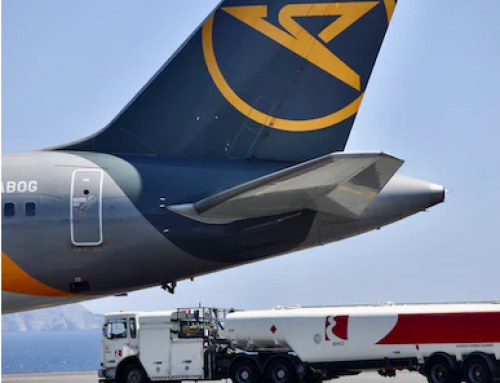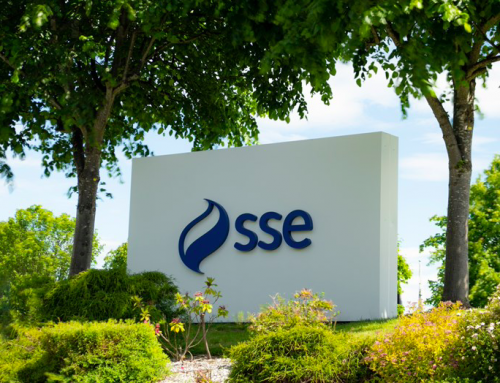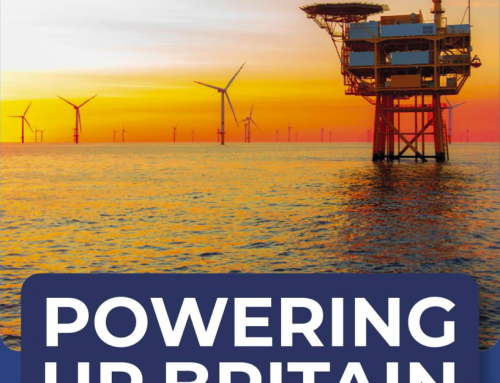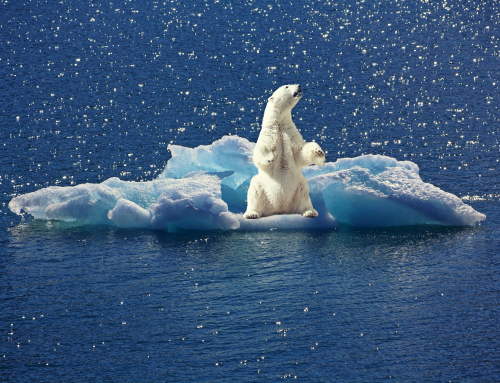By Barney Smith
It is becoming clearer that one of the industries which will be most affected by COVID 19 is the bottled water industry. Yet the industry was already under consumer pressure following the by-now famous Blue Planet II episode in early 2018. That broadcast focused minds on the damage done by non-recyclable plastic waste. Plastic bottles were right in the firing line. Covid 19 has made things much worse.
Interestingly, the plastic bottled water industry is quite a young industry. Traditionally water was put in glass containers and it was only in 1969 that the first PVC bottle was used to package Evian water. Today this is big business, worth US$234 billion in global sales last year (2019). The top brands in the UK are Evian, owned by Danone, which sells slightly more than Highland Spring; third comes Buxton Water, one of the forty-eight brands world-wide offered by Nestle, the world leader in terms of bottles sold. (The sheer number of different brands reflect the fact that an industry which sells in bulk has to bottle reasonably close to its sales outlets.)
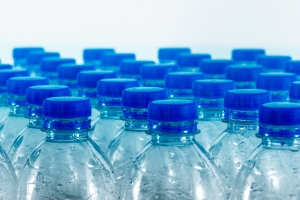
Image by Willfried Wende from Pixabay
The Blue Planet episode had the leading brands hastening to trumpet their environmental credentials and their efforts to ensure that by 2025 their “product” would be sold in partially or wholly recyclable bottles. Evian stated that it would aim to make all of its plastic bottles from 100 per cent recycled plastic by 2025; Nestle were quoted as saying “…we are pioneering new sciences for packaging that is innovative, 100 percent sustainable and made from recycled or renewable sources. Already our PET (polyethylene terephthalate) bottles are 100 per cent recyclable by design. Year-on-year, thanks to recycling, we are increasing the amount of recycled PET (rPET) in our bottles…..we all need to act now to ensure zero packaging (including plastics) ends up in landfill or as litter in our oceans, lakes and rivers – and more packaging gets recycled. By 2025, our goal is an average of 50 per cent recycled PET content in all our plastic bottles.”
Unfortunately, part of the problem is that “recyclable” is not the same as “recycled”; not enough recyclable bottles are being recycled, so increasing the rate of at which used bottles are recycled would be good. But then it is even suggested that there is a shortage of the right material available to be recycled. The problem probably needs a more fundamental rethink. There are too many bottles. Neither cans nor cartons are necessarily an environmental improvement; the making of cans from aluminium causes an increase in overall emissions and cartons are constructed with hard-to-recycle composites.
After the onset of Covid 19, plastic water bottles are arguably being regarded even more severely (as “the new tobacco” according to the Financial Times) as the risks multiply of a dramatic set-back to the campaign against plastic waste. This is partly because “single-use plastic” used for PPE has grown enormously, resulting almost inevitably in single-use plastic waste also growing enormously and then being dumped. But it is also partly because at least in the UK lockdown saw many normal consumers of bought bottled water compelled to stay at home with free tap-water on hand and time to think about plastic pollution.

